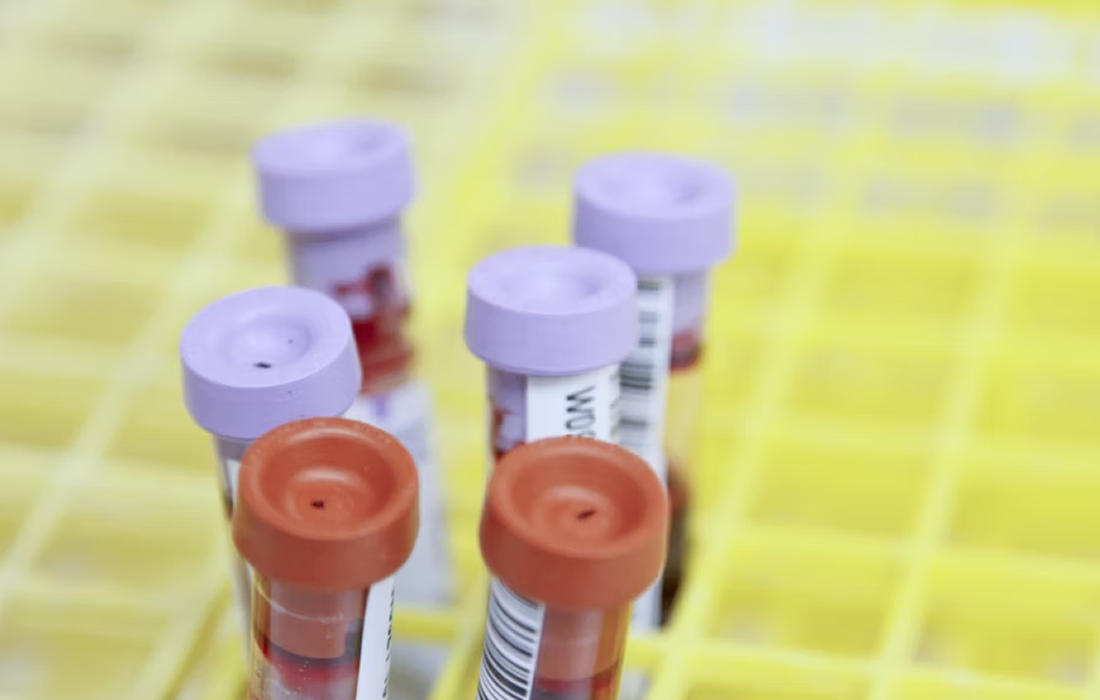Regenerative Medicine News and General Information
New Prostate Cancer Biomarkers
University of South Australia researchers have identified three new biomarkers for prostate cancer to help identify and differentiate potentially aggressive cases of the disease which kills more than 300,000 men each year.
An international team of scientists led by UniSA Professor of Molecular Medicine Doug Brooks has made the breakthrough, which assists pathologists when visualising prostate cancer in patient tissue samples.
The new biomarkers, when used together, will assist clinicians in determining which patients require immediate, radical treatment compared to those who need close monitoring.
With more than one million men diagnosed with prostate cancer worldwide each year, the research breakthrough is significant.
The UniSA-based team has collaborated with the Australian company Envision Sciences on the technology to improve patient management and treatment outcomes.
“It is anticipated this will lead to long-term improvements in the way prostate cancer is diagnosed and graded,” Prof Brooks says.
“The biomarkers are remarkably sensitive and specific in accurately visualising the progress of the cancer and confirming its grade. This discovery has led to the commercial development of a test designed to determine how advanced and aggressive the cancer is and whether immediate treatment is needed.”
Envision Sciences, which funded the development and translation of the technology at UniSA, has signed a commercialisation agreement with the largest tissue diagnostic pathology company in the US, Quest Diagnostics, to take the technology into clinical practice.
Pending a successful outcome in the US, it is expected that clinical trials using the innovative technology will be undertaken in Australia.
Describing the breakthrough as “life saving,” UniSA Deputy Vice Chancellor Research and Enterprise Professor Marnie Hughes-Warrington AO says the partnership between UniSA and Envision Sciences is an exciting development in cancer research.
“This technology represents a shift in the way clinicians can grade and predict the aggressiveness of prostate cancer. We look forward to seeing the difference it makes in coming years.”
The research has been published in the journal Cancers.
Sources:
Jessica M. Logan, Ashley M. Hopkins, Carmela Martini, Alexandra Sorvina, Prerna Tewari, Sarita Prabhakaran, Chelsea Huzzell, Ian R. D. Johnson, Shane M. Hickey, Ben S.-Y. Ung, Joanna Lazniewska, Robert D. Brooks, Courtney R. Moore, Maria C. Caruso, Litsa Karageorgos, Cara M. Martin, Sharon O’Toole, Laura Bogue Edgerton, Mark P. Ward, Mark Bates, Stavros Selemidis, Adrian Esterman, Sheena Heffernan, Helen Keegan, Sarah Ní Mhaolcatha, Roisin O’Connor, Victoria Malone, Marguerite Carter, Katie Ryan, Andres Clarke, Nathan Brady, Sonja Klebe, Hemamali Samaratunga, Brett Delahunt, Michael J. Sorich, Kim Moretti, Lisa M. Butler, John J. O’Leary, Douglas A. Brooks. Prediction of Prostate Cancer Biochemical and Clinical Recurrence Is Improved by IHC-Assisted Grading Using Appl1, Sortilin and Syndecan-1. Cancers, 2023; 15 (12): 3215 DOI: 10.3390/cancers15123215
University of South Australia. (2023, July 19). New prostate cancer biomarkers provide hope to millions of men. ScienceDaily. Retrieved July 20, 2023 from www.sciencedaily.com/releases/2023/07/230719112707.htm
Image from: https://unsplash.com/photos/9k4Fglw6eFQ

